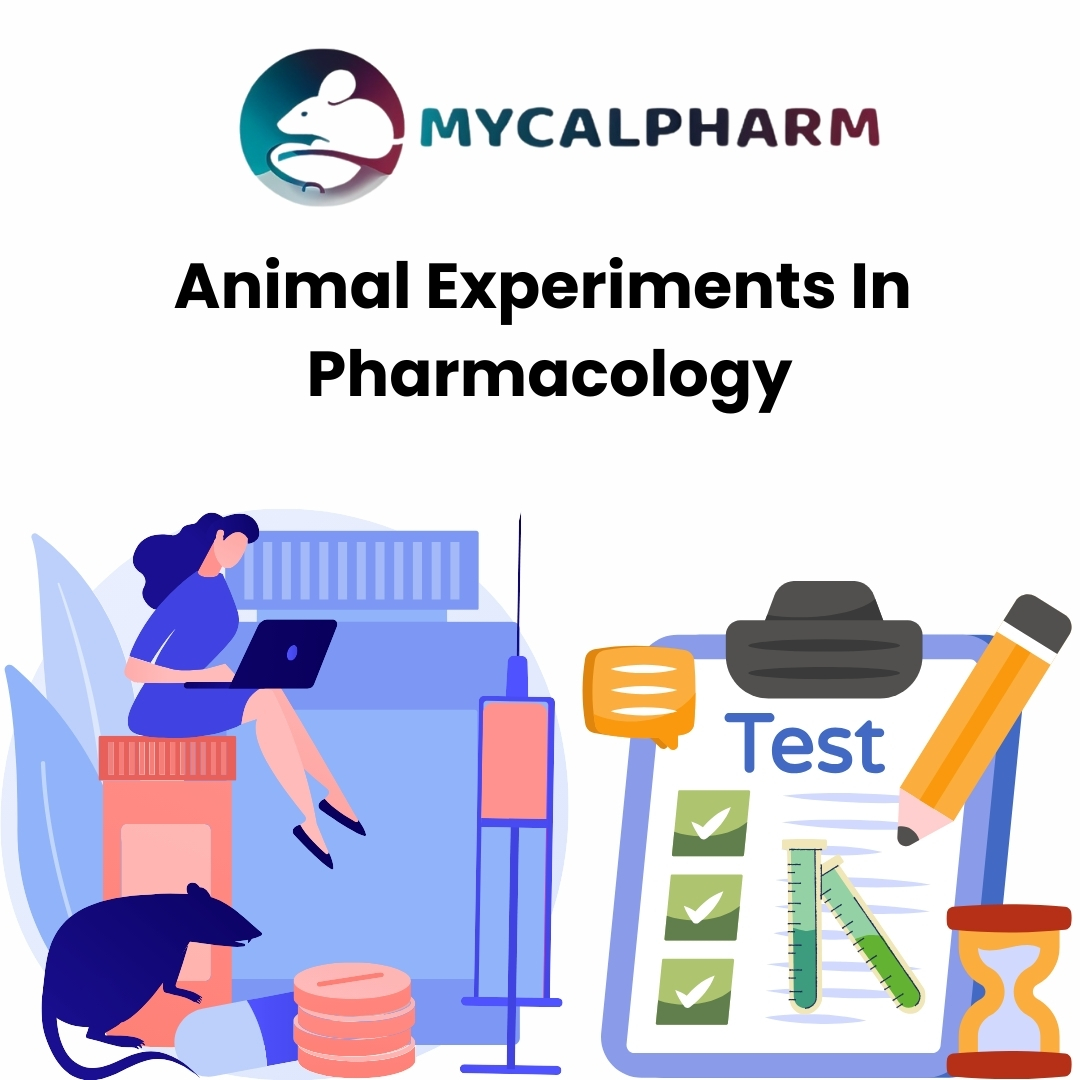
Animal Experiments in Pharmacology: A Critical Perspective
Animal experiments in pharmacology Act as a key component in advancing medical science and understanding drug effects. These experiments, conducted under controlled conditions provide valuable insights into the efficacy and safety of medications before they are tested on humans. However their application remains a topic of ethical debate, with strong arguments on both sides.
The Role of Animal Experiments in Pharmacology
Pharmacology relies heavily on preclinical trials to determine how drugs interact with biological systems. Animal experiments are indispensable at this stage, helping researchers evaluate toxicity, pharmacokinetics, and pharmacodynamics. By observing how compounds behave in animals, scientists can predict their potential impact on human health. This process ensures that new drugs meet safety and regulatory standards, minimizing risks to patients.
For example, breakthroughs in antibiotics, vaccines, and cancer treatments have been made possible through animal experiments. Without these preliminary trials, countless lives would remain vulnerable to diseases that were once untreatable.
Ethical Considerations in Animal Testing
Despite its contributions to pharmacological advancements, animal experimentation raises ethical concerns. The welfare of animals used in research is a major issue, as many argue that subjecting them to invasive procedures or toxic substances is unjustifiable. Animal rights organizations advocate for alternatives, urging the industry to invest in non-animal testing methods, such as organ-on-chip technology or advanced computer simulations.
At mycalpharm, we recognize the importance of ethical practices in pharmacology research. We support initiatives aimed at reducing animal testing and implementing humane approaches wherever possible. The focus is on achieving scientific breakthroughs without compromising the well-being of sentient creatures.
Regulations Governing Animal Testing in Pharmacology
Animal experiments in pharmacology are strictly regulated to ensure they adhere to ethical standards. Governments and international bodies require researchers to justify the need for animal testing, often mandating the 3Rs principle: Replacement, Reduction, and Refinement. These guidelines emphasize using alternatives to animal testing, minimizing the number of animals involved, and refining experimental methods to reduce suffering.
At mycalpharm, compliance with these regulatory frameworks is a priority. By investing in innovative research techniques, we strive to balance scientific progress with ethical responsibility.
The Future of Pharmacology Without Animal Testing
The future of pharmacology may lie in alternative technologies that eliminate the need for animal testing. Advances in artificial intelligence, bioprinting, and molecular modeling are paving the way for safer, more ethical research methods. While these innovations are still in development, their potential to revolutionize drug discovery is undeniable.
In conclusion, animal experiments in pharmacology remain a vital, albeit controversial, aspect of drug development. By prioritizing ethical considerations and exploring innovative alternatives, companies like mycalpharm are helping to shape a future where science and compassion coexist.